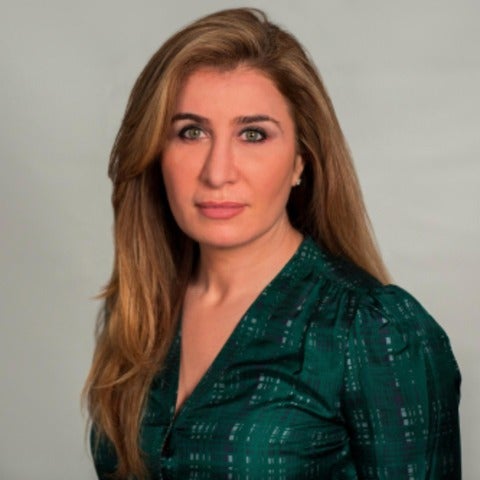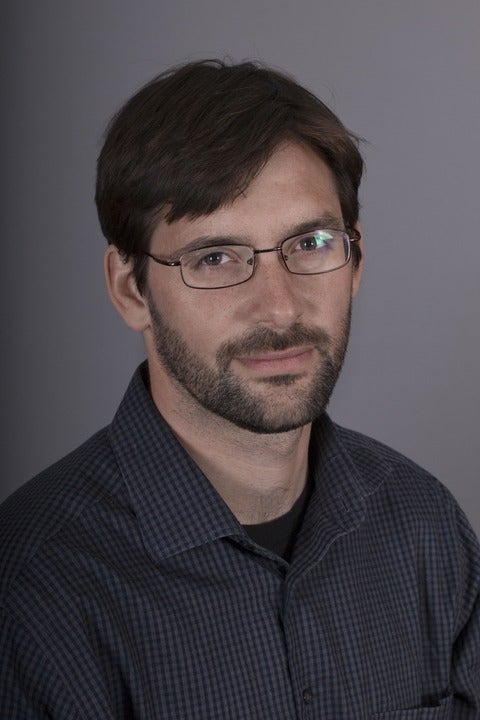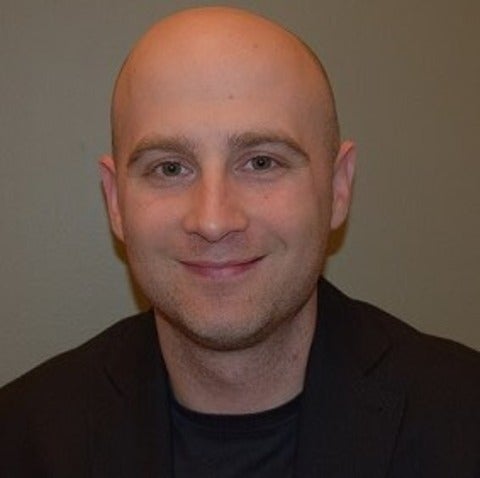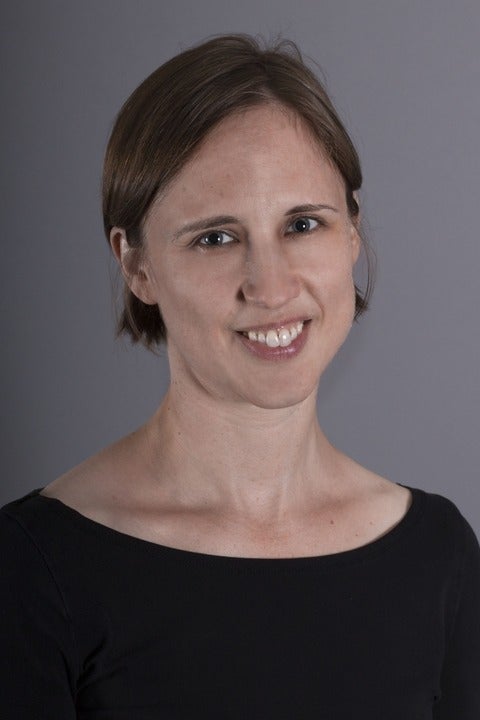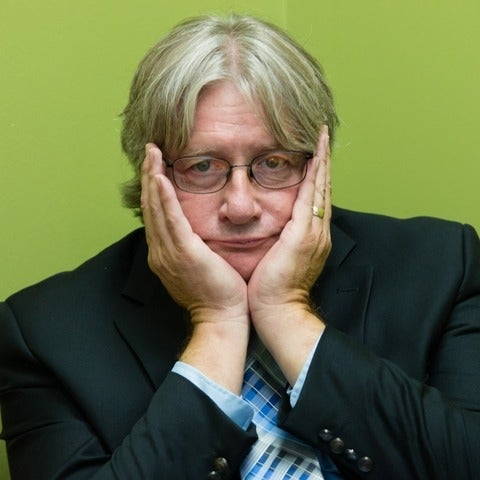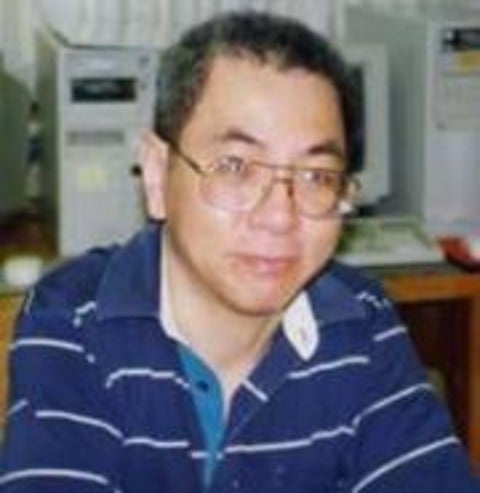Bessma Momani
Dr. Bessma Momani is Professor of Political Science at the University of Waterloo. She is also a Senior fellow at the Centre for International Governance and Innovation (CIGI), and a Non-Resident Fellow at the Arab Gulf States Institute in Washington, D.C. She was a Non-Resident Senior Fellow at both the Brookings Institution and Stimson Center in Washington, D.C., a consultant to the International Monetary Fund, and formerly a visiting scholar at Georgetown University's Mortara Center.
